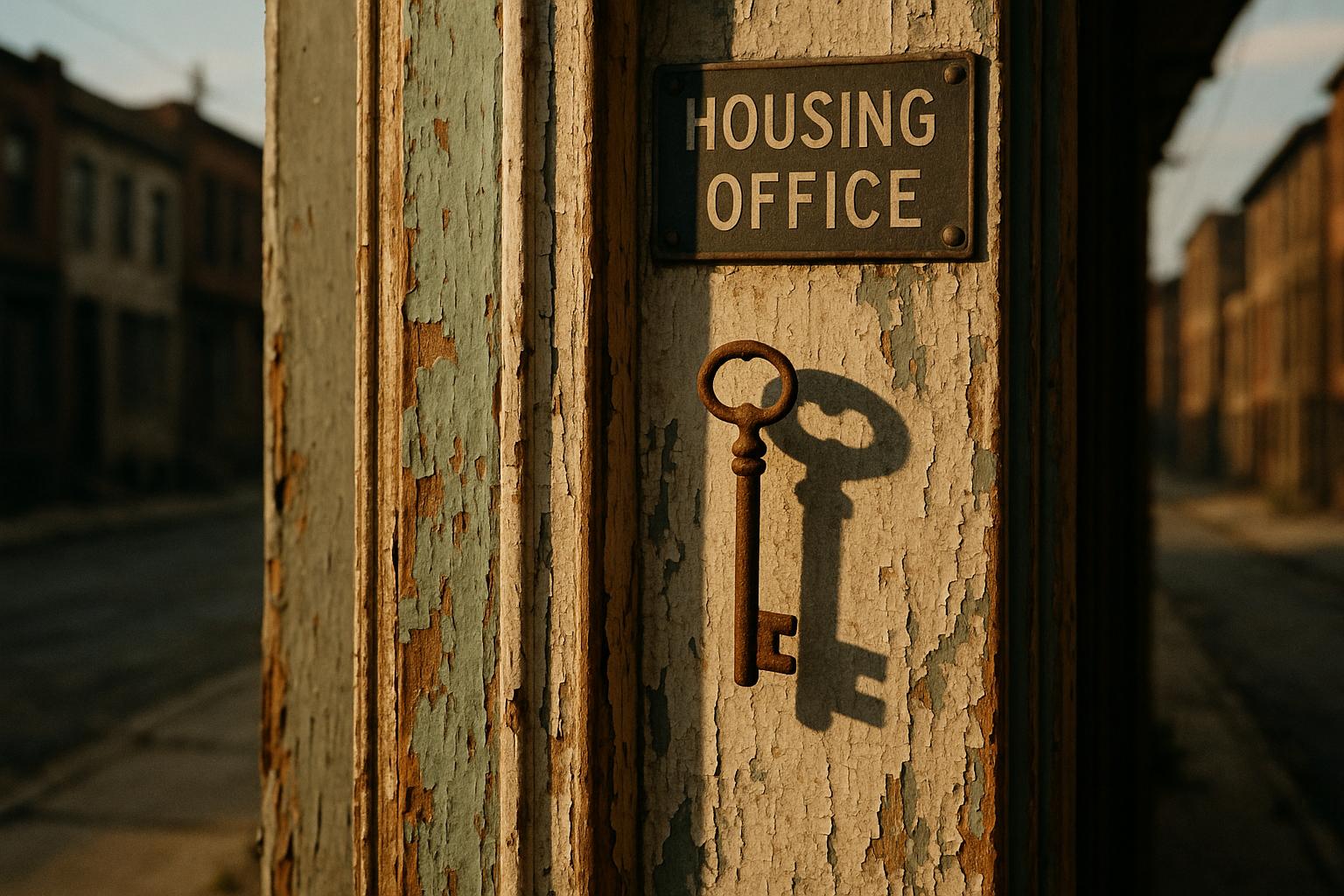Ealing Liberal Democrats have launched a sharp critique of Labour-run Ealing Council’s management of social housing, spotlighting what they describe as “poor judgement and decision-making capabilities” that have led to “appalling service delivery for residents and social housing tenants.” At a recent cabinet meeting, Liberal Democrat leader Councillor Gary Malcolm pressed Labour councillors on the lack of tangible progress for tenants three years after the council’s voluntary self-referral to the Regulator of Social Housing (RoSH), a move made following internal concerns over housing management.
The issues, the Liberal Democrats argue, are exacerbated by an outdated core housing management system, Capita Housing. According to a council budget paper on the Housing Improvement Digital Programme, this system is not only two versions behind but also riddled with problems, forcing staff to revert to manual spreadsheet tracking and patching together several unconnected systems. The report also acknowledged that Ealing Council “cannot accurately report on regulatory positions” and remains under a voluntary undertaking from 2022, relying on manual data reporting due to hierarchical and system challenges. Despite these difficulties, the council is advancing with a £3 million upgrade of this problematic software rather than exploring alternative solutions.
Councillor Jon Ball, deputy leader and housing spokesperson for the Lib Dems, criticised Labour’s approach as perpetuating failure through continued contracts with the same IT system providers. “It highlights their poor judgement and decision-making capabilities both in terms of contract partner selection, management to achieve delivery and an inability to prioritise residents properly,” he said, underscoring the urgent need for effective social housing amid growing demand.
Ealing Council, however, defends its actions by affirming transparency and ongoing efforts to rectify the highlighted deficiencies. The council spokesperson reminded that the 2022 self-referral to RoSH followed an internal audit revealing areas needing improvement. “By voluntarily contacting the regulator we took the lead in instigating change and were transparent about the need for immediate action,” they stated. The council has instituted renewed leadership, restructured housing teams, staff training enhancements, and new digital and housing improvement programmes. They expressed confidence that these steps will enable them to achieve full regulatory compliance by the end of the year.
The council’s struggles stem from deeper compliance challenges. In February 2022, a self-referral to the Regulator of Social Housing followed an internal audit which identified significant shortcomings, particularly in fire safety measures, including outdated Fire Risk Assessments and poor tracking of remedial actions. This led to prolonged monitoring by the regulator due to lingering concerns over data accuracy related to health and safety compliance. Further scrutiny in May 2022 saw Ealing Council publicly named by the regulator for failing to consistently meet statutory health and safety standards in gas, electricity, and water safety—an outcome the council partly attributed to disruptions caused by the COVID-19 pandemic, which delayed vital safety checks and created backlogs.
Despite these difficulties, some tenant satisfaction metrics show mild improvement. The council’s 2024-2025 Tenant Satisfaction Measures survey, which included feedback from over a thousand tenants, indicated better results in overall satisfaction and repairs compared with the previous year. However, tenant engagement and complaint handling remain problematic areas, suggesting ongoing challenges in service delivery.
The pressure on social housing provision is mounting. In January 2023, Ealing Council proposed changes to its housing allocation policy aiming to prioritise the most urgent cases, including those in temporary accommodation and experiencing long-term homelessness. This policy adjustment reduced the number of priority bands, potentially affecting over 5,500 households by tightening eligibility criteria. Meanwhile, in the private rented sector, the council secured government approval in late 2022 for a selective licensing scheme designed to tackle poor property conditions and serious housing hazards across several borough wards, reinforcing its commitment to improving housing quality.
Yet, complaints continue to mount. In the 2023/2024 period, Ealing Council received over 2,200 housing complaints—the highest in London. Tenant surveys reveal widespread dissatisfaction, particularly with the speed and quality of repair services, fueling criticism from opposition parties about the council’s capacity to manage its housing responsibilities effectively.
The situation presents a complex picture: a council grappling with historic weaknesses and regulatory scrutiny while attempting reforms amid intense demand for social housing. The Liberal Democrats highlight systemic failings and what they perceive as Labour’s inadequate response, while the council insists on ongoing progress and future compliance. As improvements are pursued, residents and tenants await tangible results amid what remains a critical test of local government performance in Ealing.
📌 Reference Map:
- Paragraph 1 – [1], [4]
- Paragraph 2 – [1]
- Paragraph 3 – [1]
- Paragraph 4 – [1]
- Paragraph 5 – [2], [3]
- Paragraph 6 – [4]
- Paragraph 7 – [5], [6]
- Paragraph 8 – [7]
- Paragraph 9 – [1], [7]
Source: Noah Wire Services
